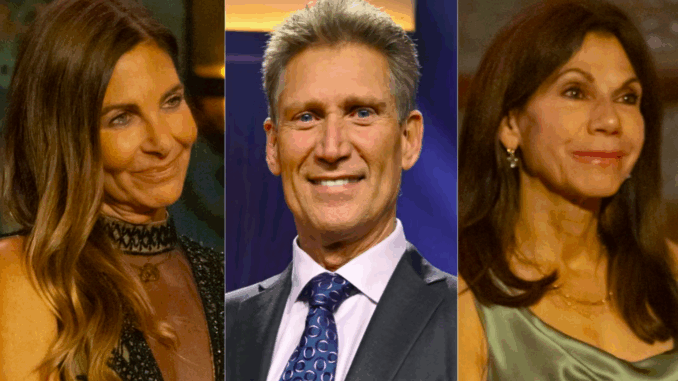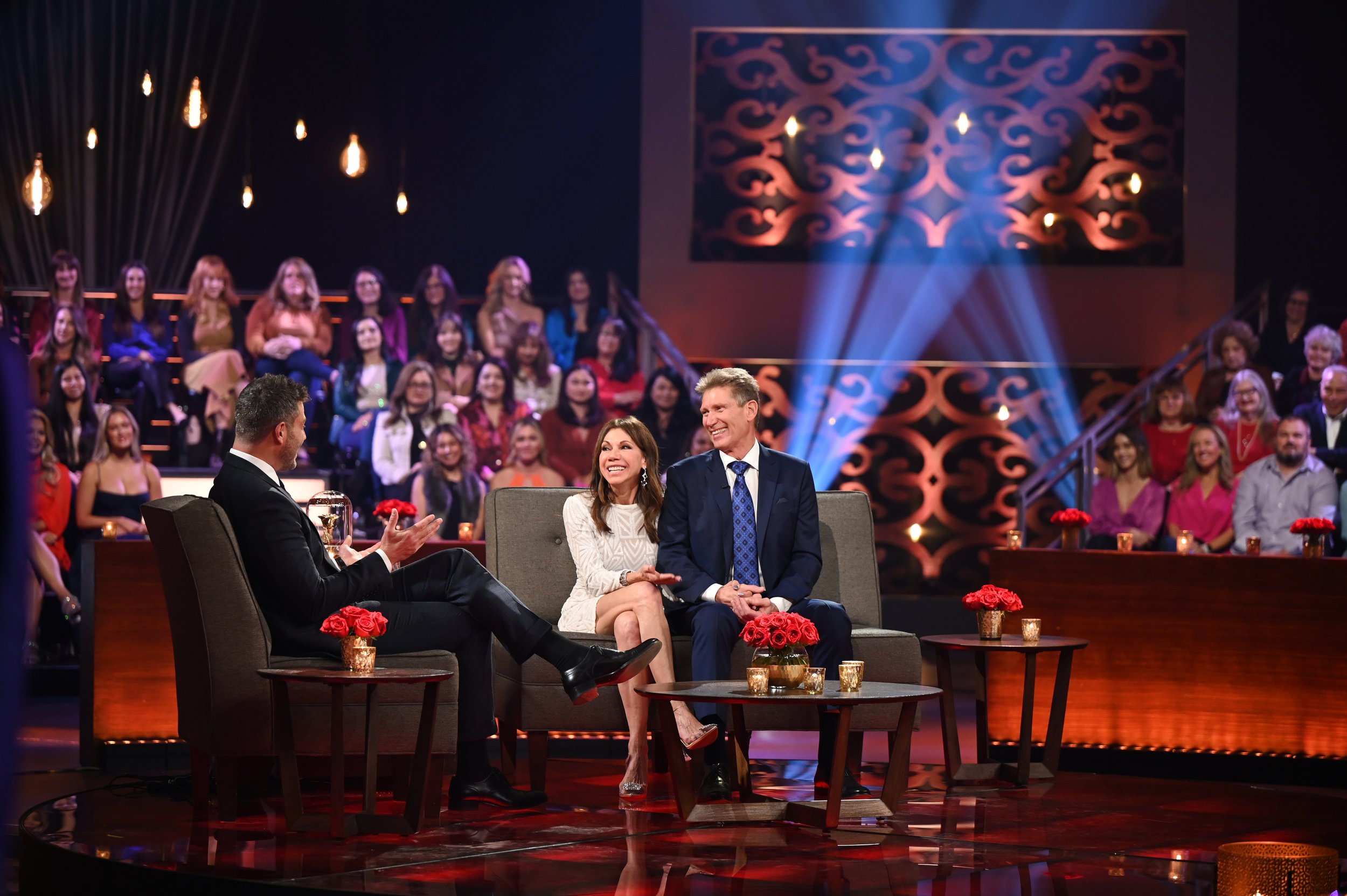
More Than a Reality Show
At first glance, The Golden Bachelor may have looked like just another spinoff in the well-worn Bachelor franchise — but what emerged was far more significant than anyone expected. The series didn’t just explore love in the golden years. It sparked a cross-generational conversation about aging, vulnerability, and what it truly means to keep your heart open.
From the moment 72-year-old Gerry Turner walked onto the screen, something felt different. Gone were the flashy entrances and over-the-top drama. Instead, viewers saw a man who had loved deeply, lost profoundly, and still dared to believe in romance. It was raw, touching, and radically human.
Connecting Generations: A Surprise Hit Across Age Groups
One of the most fascinating phenomena about The Golden Bachelor was how it captivated audiences young and old. Baby boomers watched for the nostalgia and recognition. Gen Z tuned in with their parents and grandparents, often surprised to find themselves emotionally invested.
For younger viewers used to the chaos of dating shows like Love Island or Too Hot to Handle, The Golden Bachelor offered a striking contrast. There was grace. There were pauses. There were people who listened before speaking.
And perhaps most of all, there was something reassuring about watching older people still searching for meaning, connection, and affection — just like everyone else.
“Watching my grandmother cry during a rose ceremony was not on my 2023 bingo card,” one TikTok user posted. “But here we are.”
Shifting the Narrative Around Aging

For decades, mainstream media has largely erased romantic stories for people over 60. The Golden Bachelor put those stories front and center — and with dignity. It didn’t ask its contestants to act younger, dress differently, or pretend to be something they’re not. Instead, it celebrated them as they were — laugh lines, gray hairs, and all.
This wasn’t just refreshing — it was transformative.
Older women like Faith, Leslie, and Joan were shown not as background figures, but as compelling leads: beautiful, emotionally intelligent, and fully capable of heartbreak and healing. They weren’t treated as “grandmas.” They were treated as women.
“I feel seen for the first time in years,” a 66-year-old viewer shared on Facebook. “Hollywood forgot us, but this show didn’t.”
Emotional Honesty in an Age of Filters
In a time when reality TV is often criticized for being overly produced and shallow, The Golden Bachelor felt like a breath of fresh air. There were no Instagram influencers. No Botoxed drama queens. Just real people — with real pain, real joy, and real baggage.
Gerry’s story — loving and losing his wife Toni, and cautiously stepping back into the world of dating — wasn’t performative. It was universal. The tears weren’t for ratings. They were because grief doesn’t disappear, even when you’re holding a rose.
That emotional honesty resonated deeply with viewers of all ages. Teenagers saw their grandparents in Gerry.